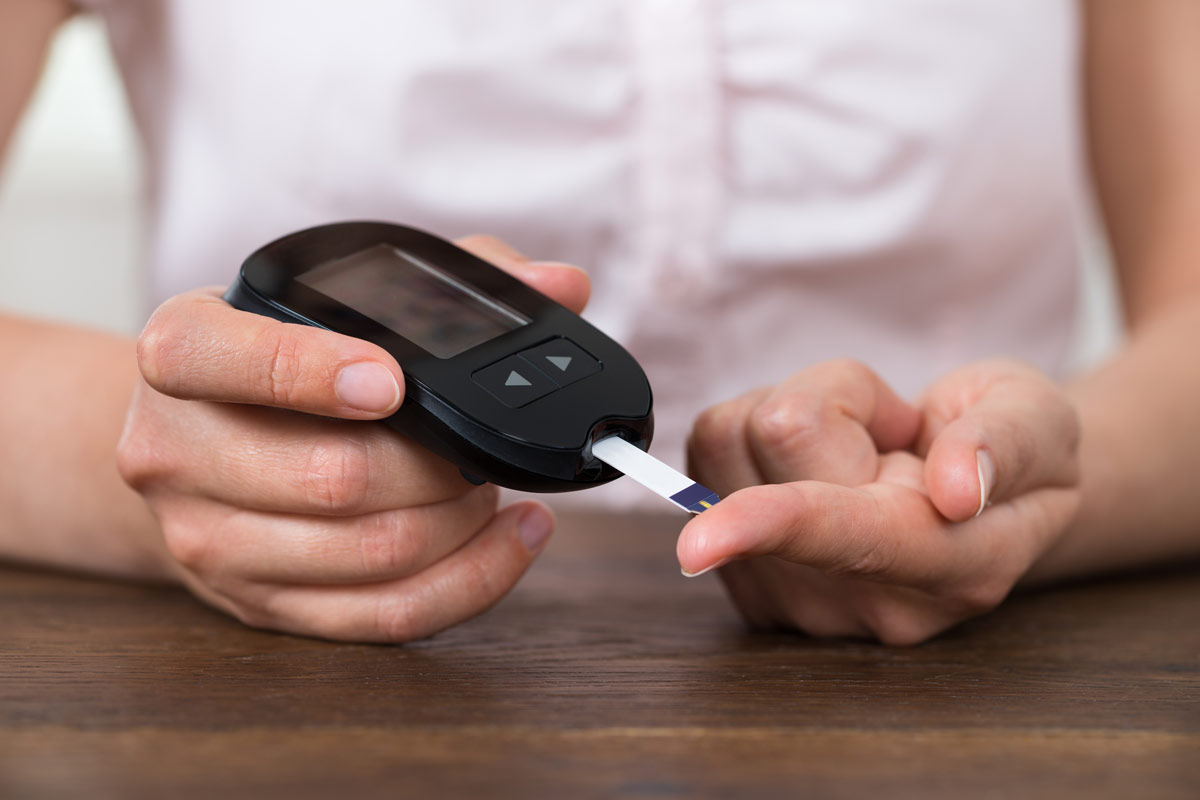
Tips to Managing Type 2 Diabetes
A vast majority of all diabetics – approximately 90-95% of the estimated 29 million people in America with the disease – have what is known as type 2 diabetes.
Another condition called prediabetes occurs when blood glucose levels are higher than normal, but not high enough for a diabetes diagnosis.
Over time, this can increase your risk of heart disease and stroke, as well as your risk of developing type 2 diabetes.
Unfortunately, prediabetes symptoms are hard to spot, so many people have the condition and do not know it.
Type 1 diabetes occurs when the pancreas makes very little or no insulin. People with type 1 diabetes must take insulin every day to replace the insulin their bodies are not making.
This form of the disease is most often seen in children. It used to be called juvenile diabetes, but it can occur at any age.
Over time, uncontrolled diabetes of any type may cause serious complications, including heart disease, stroke, kidney failure, blindness and nerve damage.
Keeping blood glucose levels close to normal is the key to preventing these health problems.
Tips on how to best manage diabetes include the following:
- You should monitor your glucose levels regularly and get familiar with your pattern of glucose readings at different times of the day. Regular self-monitoring provides valuable information that your health care team can use to make decisions about medication and insulin, and improve control of your diabetes.
- Checking your blood glucose also helps prevent immediate problems that can result from glucose levels that are too high (hyperglycemia) or too low (hypoglycemia). Both problems can be serious if not treated right away.
- If you are living with diabetes, maintaining a healthy lifestyle is an important part of your care. It is very important that you eat a good balance of foods every day and exercise regularly.
- Having diabetes does not mean you have to purchase special foods. A healthy, balanced diet can come from everyday foods. Eat foods from all food groups, and choose those that are low in fat and salt, and high in fiber (such as beans, vegetables and fruit).
- Cut down on drinking alcohol, and stop smoking.
- Lose weight if you need to by cutting down on how much you eat. Your doctor can refer you to a dietitian who can help you plan meals that taste great and are good for you.
- Start an exercise program, after discussing this with your doctor.
- If you have nerve damage to your feet, be careful to wear well-fitting shoes and socks to avoid blisters. Talk with your physician or podiatrist about your exercise program.
Managing your diabetes also means taking medicine, if needed, and testing your blood sugar levels each day.
It's very important to take diabetes medications as directed by your doctor. Left untreated, diabetes can lead to serious, even life-threatening complications such as other diseases or conditions that are related to diabetes.
Complications can lead to loss of vital functions (such as with your kidneys), blindness, amputation of lower limbs and even death (especially from cardiovascular disease).
By taking your medications as directed, you greatly reduce your risk of experiencing complications.
Also, seek out the support you need.
If you are someone who likes company during tough times, consider asking family and friends for a little extra guidance and support.
It’s important to accept that getting diabetes under control may take some time. Most lifestyle changes don’t just happen overnight, so remember to take it one step at a time, be patient and keep a positive outlook while adjusting to and maintaining these suggested new ways of life.
Published on: April 6, 2018




